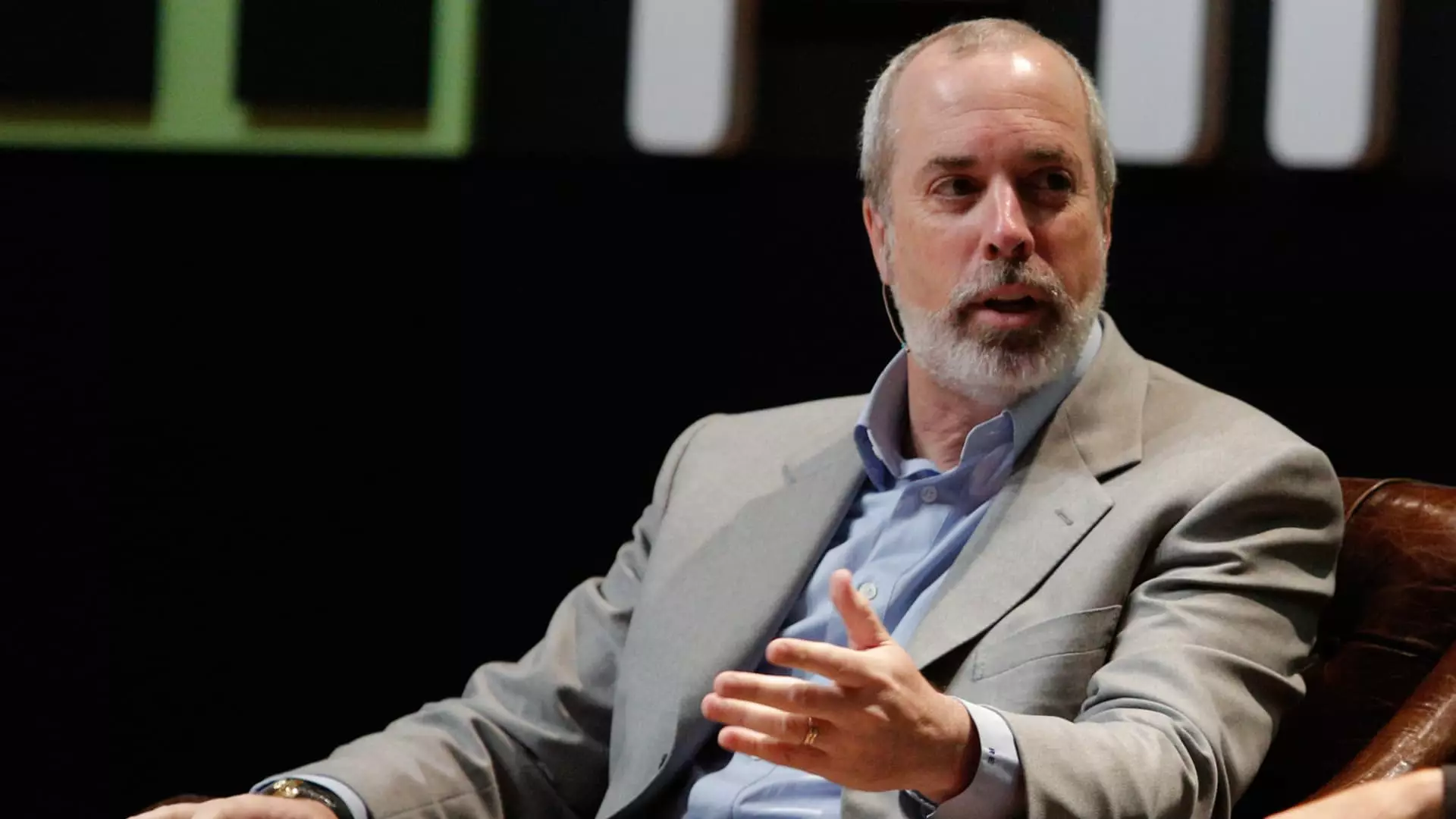In a world where financial decisions increasingly impact our quality of life, it is alarming how poorly Americans understand personal finance. Ric Edelman, a prominent name in wealth management, recently highlighted this disturbing reality, declaring, “We stink at it.” His insights should serve as a wake-up call, prompting urgent action toward enhancing financial literacy across the nation. With the financial landscape evolving rapidly, we need to rethink our approach to financial education, or face dire consequences.
The Demands of a Longer Life
One of the most striking points Edelman raised is the lifespan of average Americans, particularly baby boomers, who are now enjoying lives that are significantly longer than those of previous generations. The implications of this extend far beyond mere statistics—they directly impact the strategies we adopt for financial security in retirement. Unlike our parents and grandparents, who often passed away before retirement, we must now grapple with the complexities of financing 30 or more years post-employment. Failure to plan can lead to severe penalties—imagine outliving your savings during such an extended period. It’s critical we cultivate a culture that prioritizes long-term financial planning, rather than succumbing to impulsive financial behaviors.
The Allure of Quick Riches
In today’s digital age, the landscape of investing is littered with enticing opportunities that often mask their inherent risks. Edelman expressed concern about the trend of young investors resorting to get-rich-quick schemes that are primarily advertised through trendy platforms like TikTok. These methods of fast-cash thinking can transform financial decision-making into a day-at-the-casino mentality, where speculation trumps informed investing. He noted the alarming statistic: almost half of retail traders were engaging in options trading—a complex strategy that can lead to significant losses without proper understanding. The financial gambling promoted by modern platforms not only jeopardizes individual financial health but also reflects a harmful shift away from responsible investing principles.
The Elitism of Financial Products
Edelman also critiqued corporate America for complicating consumer finance. By presenting convoluted financial products as sophisticated solutions, companies effectively turn consumers into ‘hostages’ rather than ‘customers.’ This manipulation exacerbates the financial literacy gap, targeting those unaware of how to navigate sophisticated terminology and complex buying options. The truth is, financial institutions have a vested interest in maintaining this complexity—confusion breeds dependency. As a result, educating oneself becomes more crucial than ever. Young investors need to arm themselves with knowledge and seek information from reliable sources, rather than viral social media clips that may oversimplify or misclassify important finance concepts.
Education: The Key to Change
While the landscape appears dire, strides are being made in the realm of financial education. Following Edelman’s exhortation for mandatory financial courses in high schools, it’s encouraging to note that states are beginning to respond. The shift is visible; from 11 states in 2021 to 27 states now requiring a personal finance course for high school graduation indicates a growing awareness of the issue at hand. However, the real challenge lies in ensuring that this education is comprehensive and equips students with the knowledge to make informed financial decisions in adulthood.
A Hopeful Outlook for Future Generations
Despite the multitude of challenges facing young investors today, Edelman remains cautiously optimistic. The current generation of young adults is not only likely to recognize the pitfalls of their parent’s financial missteps but also highly motivated to forge a different path. Equipped with the right education and tools, today’s youth holds the potential to shift the financial paradigm toward a more sustainable future. They have witnessed firsthand the repercussions of financial ignorance and have the motivation to avoid those traps, creating a sound foundation for their own futures.
In this landscape characterized by complexity and uncertainty, understanding personal finance is not just an asset—it’s a necessity for survival. It’s time to prioritize financial literacy, making it a tenet that shapes policy, education, and ultimately, the lives of all Americans.

